Letter Urging Administration to Protect Crop Insurance in Fiscal Year 2024 Budget Proposal
NASDA
JANUARY 25, 2024
As the challenges for America’s farmers and ranchers continue to grow, we believe crop insurance as a safety net is only becoming more important to stability in rural America and a secure domestic food supply. USDA and Congress have taken extraordinary ad hoc measures over the past few years to ensure the financial security of rural America.

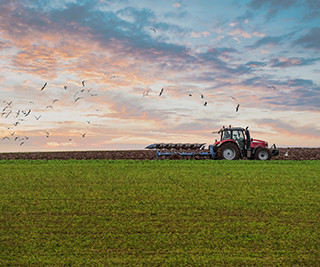

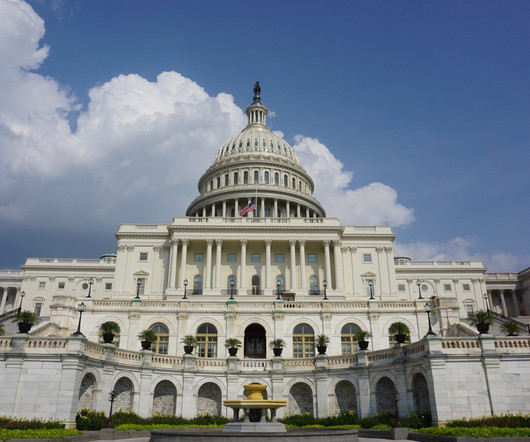


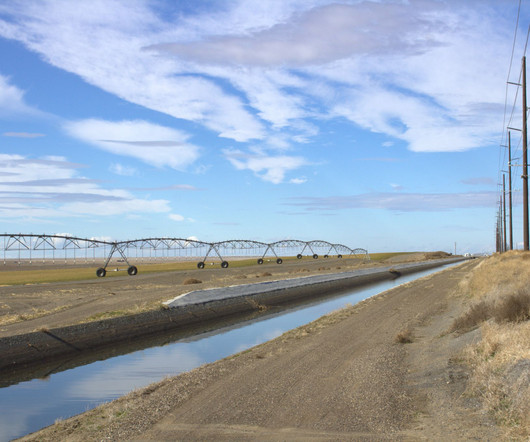



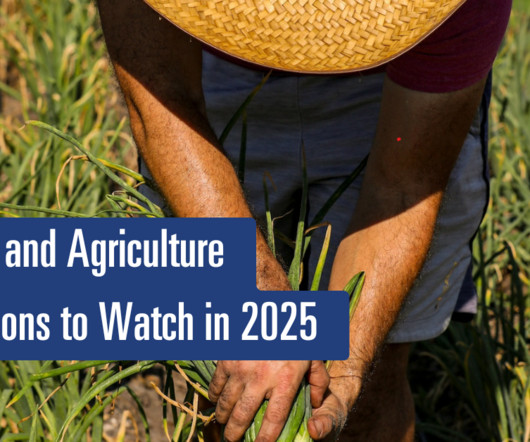
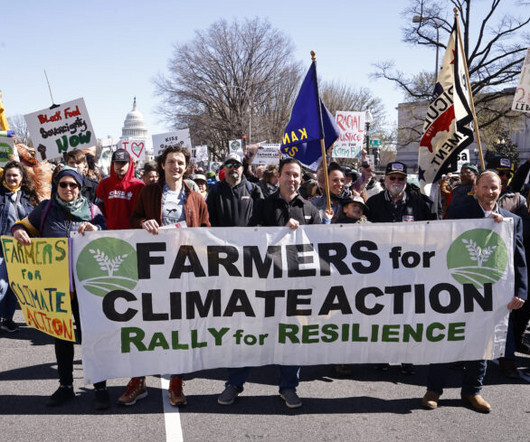







Let's personalize your content